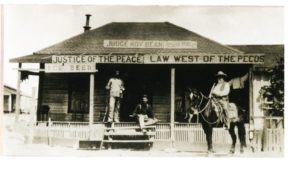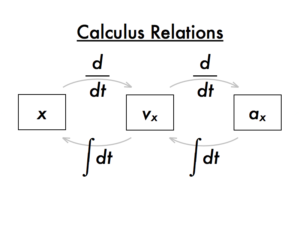One of the legacies of Texas consumer protection laws was Article XVI, Section 50 of the Texas Constitution, which effectively prohibited home equity lending. In 1997, voters approved amendments to that section to permit home equity loans, but only under certain conditions. Among other restrictions, the loan cannot exceed 80% of the value of the equity in the home, and the lender must cure any violation of the constitutional requirements within 60 days of the date the borrower gives notice. If those requirements are not met, the lender forfeits all principal and interest and loses its lien on the property.
Lonzie Leath obtained a $340,000 home equity loan in 2005, and signed an acknowledgment that his home’s fair market value was $425,000. In 2008, the servicer sought to foreclose on the property, and Leath responded by alleging that the loan was illegal because it had actually exceeded 80% of the value of the home at the time it was made. The jury found that the property’s fair market value had been only $421,400, a finding that placed the principal of the loan barely over the 80% limit. The trial court therefore entered judgment forfeiting the principal and interest and invalidating the lender’s lien.
Although the servicer claimed that Leath had failed to provide notice of the alleged constitutional deficiency, the Court of Appeals agreed with Leath that his pleadings had given notice and started the clock on the lender’s 60-day cure period. The Court also held that the jury’s valuation finding was adequately supported by the evidence, including the admission of the servicer’s appraisal expert that he had not accounted for $3,600 of electrical work that needed to be performed at the time of the loan. The Court of Appeals therefore affirmed the judgment in favor of the borrower, leaving the lender without principal, interest, or the right to foreclose.
Wells Fargo Bank, N.A. v. Leath, No. 05-11-01425
 Justice Pedersen‘s first appearance in this blog provides a succinct reminder about a basic principle of foreclosure litigation: “[A] foreclosure sale may be set aside if the creditor fails to provide the notice required by statute. However, any challenge to the sale of property under a deed of trust must be brought in a separate suit in which title issues can be determined, not in an action for forcible detainer.” Smith v. Deutsche Bank, No. 05-17-01022-CV (Jan. 16, 2019) (mem. op.)
Justice Pedersen‘s first appearance in this blog provides a succinct reminder about a basic principle of foreclosure litigation: “[A] foreclosure sale may be set aside if the creditor fails to provide the notice required by statute. However, any challenge to the sale of property under a deed of trust must be brought in a separate suit in which title issues can be determined, not in an action for forcible detainer.” Smith v. Deutsche Bank, No. 05-17-01022-CV (Jan. 16, 2019) (mem. op.)

